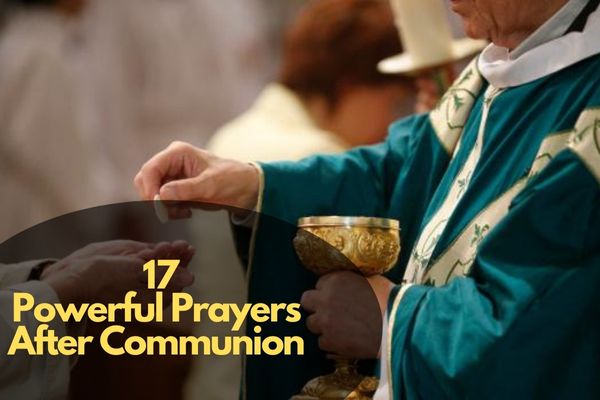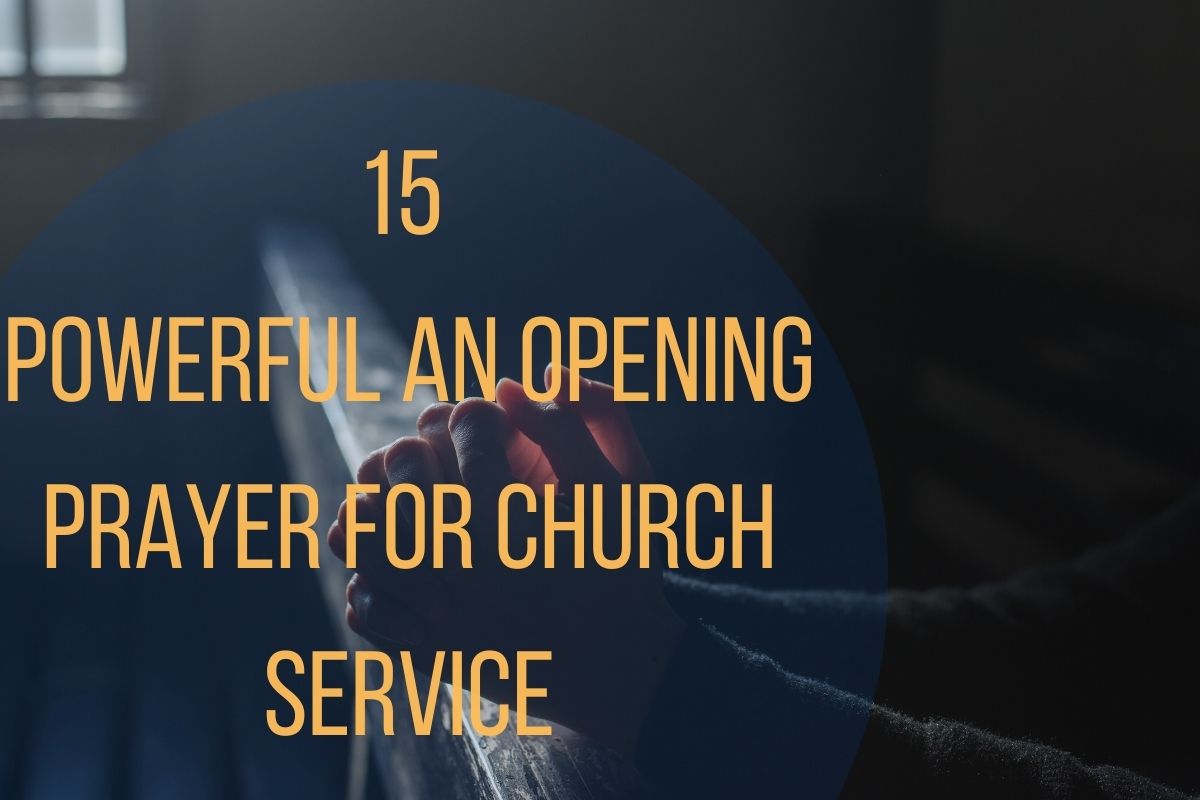The Meaning Of Good Friday stands as a solemn and pivotal day in Christian theology, commemorating the crucifixion of Jesus Christ. Rooted in historical significance, this day holds profound importance for believers worldwide, symbolizing the ultimate sacrifice for the redemption of humanity’s sins.
As Christians observe various traditions and engage in reflective practices, the essence of Good Friday goes beyond a historical event—it encapsulates the core of the Christian faith, inspiring contemplation on sacrifice, love, and spiritual renewal. This exploration seeks to unravel the multifaceted layers of meaning embedded in Good Friday, from its historical context to its enduring impact on contemporary Christian beliefs.
The Meaning Of Good Friday
Good Friday, a solemn day in Christian tradition, commemorates the crucifixion of Jesus Christ. It signifies profound spiritual truths—sacrifice, redemption, and the divine love that transcends human understanding.
Christians observe this day with reflection, recognizing the selfless act that secured salvation. Good Friday emphasizes the transformative power of suffering and the promise of resurrection, embodying the core tenets of faith.
As believers contemplate the agony on the cross, they find deeper meaning in Christ’s sacrifice, fostering a profound connection with God. This day encapsulates the eternal message of love, forgiveness, and the hope that springs from profound sacrifice.
Historical Significance of Good Friday
Good Friday holds profound historical importance as the day when Jesus Christ was crucified. This event, according to the Gospel of Matthew (27:35), fulfilled ancient prophecies, marking a pivotal moment in salvation history.
The crucifixion signifies the sacrificial act that Christians believe atones for humanity’s sins, underscoring the gravity of Christ’s mission on Earth.
Religious Observances and Traditions on Good Friday
Christians globally engage in solemn religious observances on Good Friday, commemorating Jesus’ crucifixion. Many participate in the Stations of the Cross, reflecting on each step of Christ’s journey to Calvary.
As stated in Galatians 2:20, believers find spiritual significance in identifying with Christ’s sacrifice, fostering a deep connection to their faith.
Symbolism and Rituals Surrounding Good Friday
Good Friday’s rituals carry profound symbolism, like the veneration of the cross and the covering of religious images. These practices, inspired by passages like 1 Corinthians 1:18, symbolize the redemptive power of Christ’s sacrifice.
The cross, a central symbol, represents the victory over sin and death, fostering contemplation on the profound meaning of salvation.
Christian Perspectives on the Crucifixion
Christian perspectives on the crucifixion emphasize the theological significance of Jesus willingly enduring suffering. The Apostle Peter, in 1 Peter 2:24, underscores the redemptive aspect, emphasizing Christ’s bearing of sins on the cross.
This perspective shapes Christian beliefs, highlighting the transformative power of Christ’s sacrifice as a cornerstone of faith.
Impact of Good Friday on Contemporary Christian Beliefs
Good Friday’s impact extends to contemporary Christian beliefs, shaping theological doctrines and spiritual practices. The Apostle Paul, in Romans 5:8, emphasizes God’s love demonstrated through Christ’s sacrifice, influencing modern Christian teachings on grace and redemption.
The crucifixion’s ongoing relevance underscores its enduring impact on Christian thought.
Commemorative Practices and Reflections on Good Friday
Commemorative practices on Good Friday prompt deep reflection, fostering a profound connection to the crucifixion’s significance. Reflecting on passages like Isaiah 53:5, believers contemplate the healing aspect of Christ’s sacrifice, emphasizing the transformative power of redemption.
Communal prayers, services, and reflections collectively contribute to a spiritually enriching experience on this solemn day.
Conclusion
In conclusion, Good Friday remains a cornerstone in Christian devotion, inviting believers to revisit the narrative of Christ’s crucifixion and engage in profound reflections.
Good Friday’s enduring significance resonates in the hearts of believers, shaping their understanding of redemption, sacrifice, and the transformative power of love. As Christians commemorate this solemn day, the meaning of Good Friday transcends time, connecting individuals across generations to the profound and enduring message of hope, forgiveness, and spiritual renewal.






